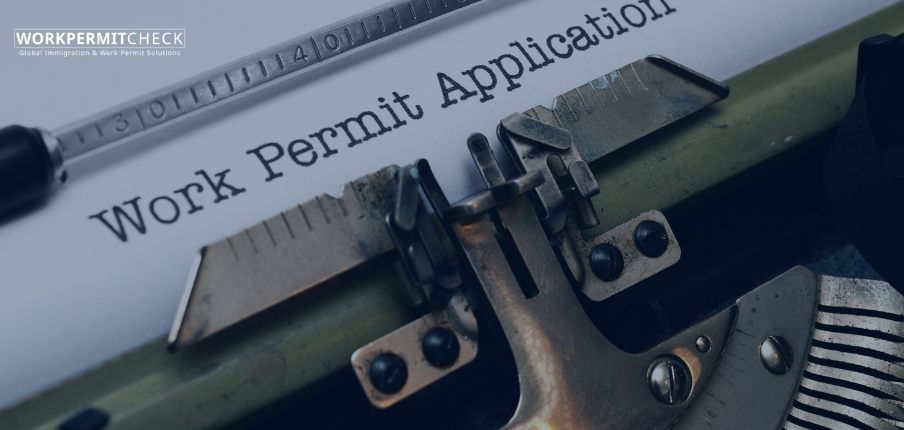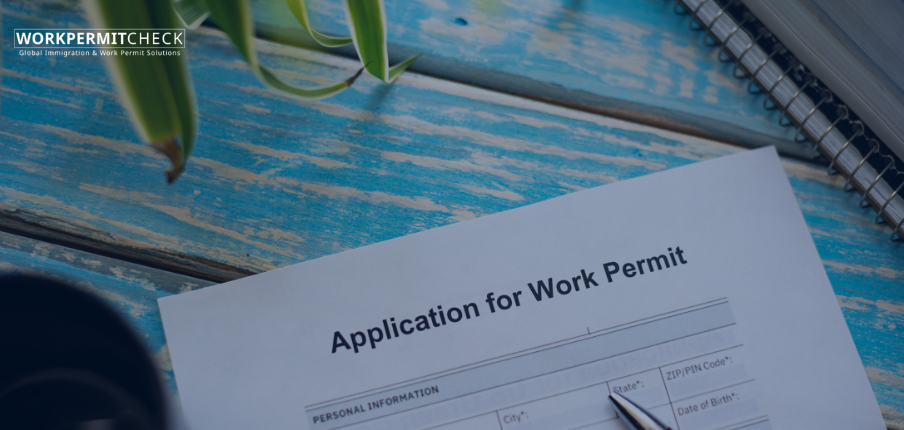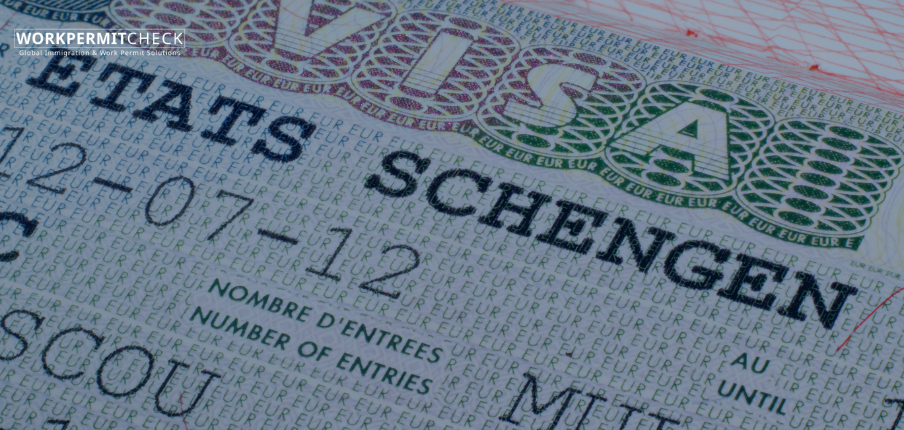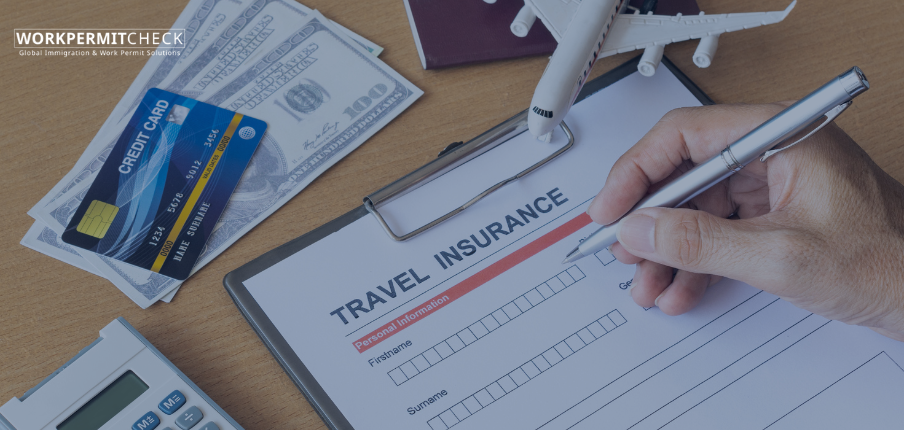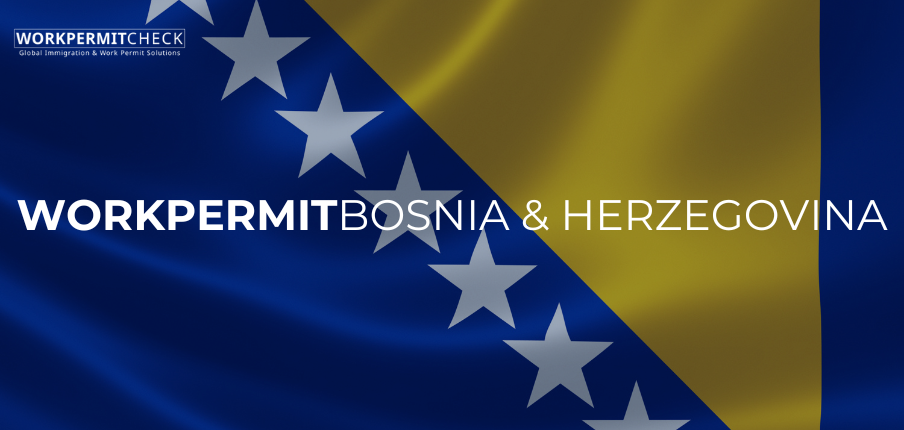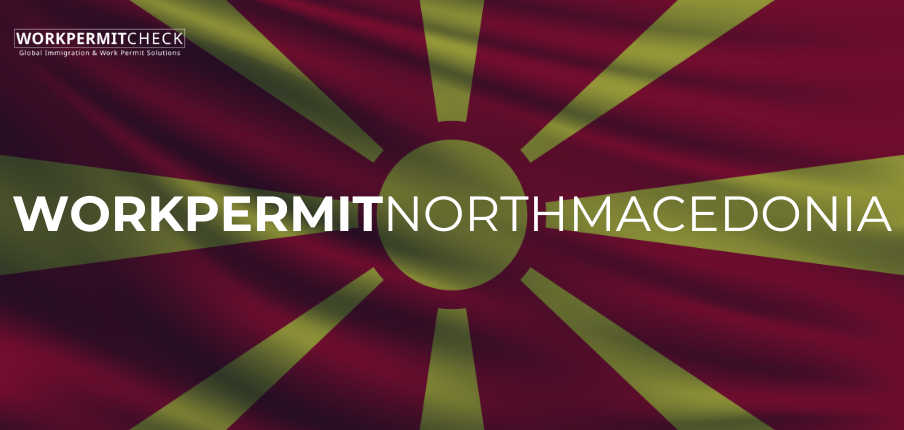When planning to work in Germany, one of the most common questions among international professionals is whether knowledge of the German language is a mandatory requirement for obtaining a work permit. The answer largely depends on the type of job, the employer, and the specific work permit being applied for.
1. German Language Requirement: Not Always Mandatory
In general, speaking German is not a legal requirement for obtaining a work permit in Germany. However, it may be necessary or highly beneficial depending on your occupation. Many multinational companies and industries with a shortage of skilled workers, such as IT or engineering, often hire international employees who speak little or no German, as long as they have strong English proficiency and meet the qualifications.
2. Job-Specific Requirements
-
English-Speaking Jobs: Certain sectors, especially IT, finance, engineering, scientific research, and academia, commonly use English as the working language. Employers in these industries may not require German proficiency.
-
Customer-Facing Roles: For jobs in healthcare, education, retail, public services, and hospitality, a good command of German is usually required because these positions involve regular interaction with German-speaking clients or the public.
-
Blue Card EU Applicants: The EU Blue Card is granted to highly skilled non-EU citizens. German language skills are not a strict requirement for this permit, though having them can make integration smoother and may benefit your long-term stay.
3. Employer Preferences
Even when it is not a legal requirement, many German employers prefer or require some level of German for internal communication, documentation, and workplace integration. Demonstrating at least basic proficiency (A1 or A2 on the CEFR scale) may increase your chances of being hired.
4. Legal Residency and Integration Benefits
While German language skills might not be necessary for the initial work permit, they are highly important for long-term residency and citizenship. For example:
-
Permanent residence (after 33 months on a Blue Card or 5 years otherwise) often requires basic German skills (A1 or A2 level).
-
Applying for German citizenship typically requires at least B1 level proficiency and passing a citizenship test in German.
5. Language Expectations by Visa Type
| Visa Type | German Language Requirement |
|---|---|
| EU Blue Card | Not mandatory |
| Job Seeker Visa | Not mandatory but advantageous |
| General Employment Visa | Depends on job/employer |
| Freelancer Visa | Usually no language requirement |
| Healthcare Jobs | Yes (usually B1 or higher) |
| Apprenticeship/Training | Yes (typically B1) |
6. Where to Learn German
If you plan to work and settle in Germany, learning the language is highly encouraged. Here are some resources:
-
Goethe-Institut: Official German language courses worldwide
-
Volkshochschule (VHS): Affordable language courses available in Germany
-
Online Platforms: Duolingo, Babbel, Deutsche Welle (DW), etc.
Conclusion
Speaking German is not always a requirement to get a work permit in Germany, especially in sectors where English is the working language. However, learning German can significantly improve your job prospects, help with integration, and support your path to permanent residency or citizenship.
Disclaimer: This article is for informational purposes only. Please consult the official German immigration website or a legal expert for personalized advice based on your circumstances.
July 1, 2025














